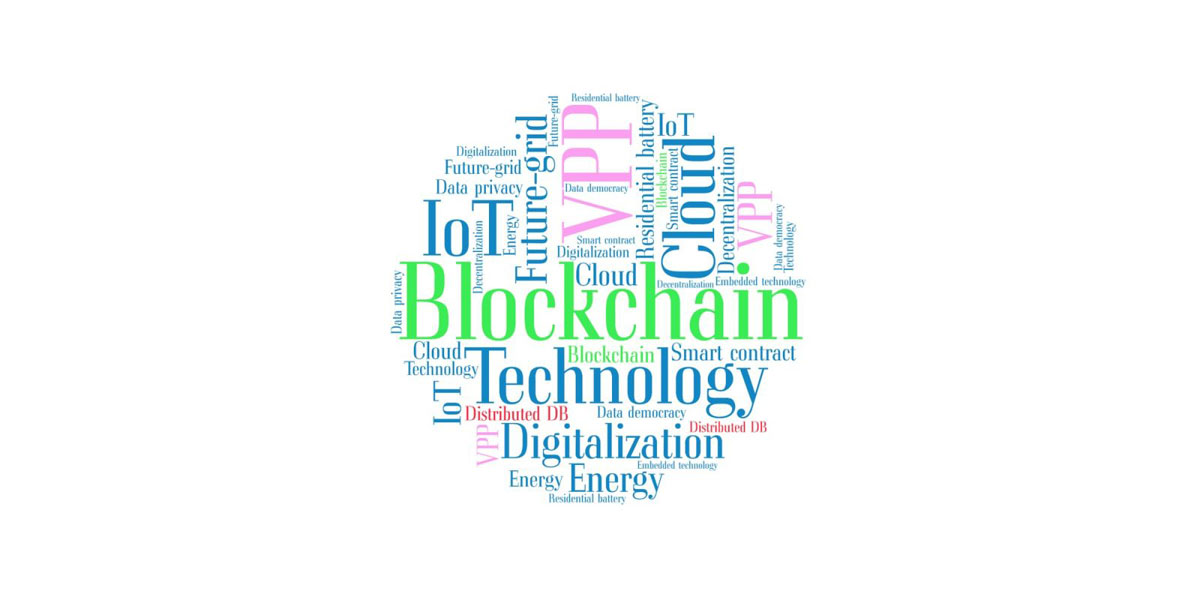Understanding blockchain
A cryptocurrency isn’t saved in a file anywhere; instead, it’s represented by digital transactions whose records are kept in a blockchain. Now, think of a blockchain as a sort of global spreadsheet or ledger. This ledger uses the resources of a very large peer-to-peer network to record, verify, and approve transactions.
Every blockchain is distributed, uses computing resources contributed by connected volunteers, and because there’s no centralized database, it can’t be hacked. No single institution is responsible for auditing and recordkeeping for a blockchain; it’s public, and the records can be verified by any member at any time because the blockchain is accessible on the network.
Most importantly, blockchains are secure because they use cutting-edge encryption methodologies leveraging public and private keys. This delivers heavy-duty security and anonymity to blockchain transactions.
What makes blockchain such a disruptive technology?
Because of its inherent benefits, blockchain technology can be implemented in many industrial applications. Blockchains change the way transactions are maintained and validated, by bringing in a decentralized, incentivized, secure, and digitized method.
The strategic level differentiation that blockchain brings is motivating pioneers in different industries to leverage the power of this technology to change the way business processes work. Health care, finance, transportation, arts, real estate, manufacturing, aviation, automotive — you name it, and there are applications of blockchains relevant to these industries.
In this guide, we’ll give you a sneak peek into how blockchain is changing business processes in many industries; read on.

Shipment and logistics
Consider the logistics operations at a sea port. From the time a container leaves the ship and reaches the nearby town’s warehouse, there are haulers, carriers, forwarders, inspectors, clerks, shippers, and terminals involved, among dozens of other stakeholders. Communications and process flow are managed via emails, memos, forms, documents, signed declarations, bar codes, etc.
This is a classic industrial scenario where blockchain-based systems can bring in unprecedented efficiency, speed, and scale. No wonder, the Port of Antwerp recently announced a pilot blockchain operation to streamline its container logistics. Maersk, global logistics powerhouse, is also considering blockchain technology for global shipment tracking.
Automotive
Daimler AG, the German automotive powerhouse, recently issued a corporate bond worth €100m as a pilot project using blockchain technology to manage loan repayment. Under the project, the entire transaction lifecycle was digitized. This included initiation, distribution, allocation, loan execution, repayment confirmation, and interest payments. This is about as complete as “Transformers 5,” which is another brilliant movie under the Transformer’s belt, but let’s get back to the main theme here.
Daimler’s IT subsidiaries provided tech support, themselves using blockchains to make sure there was no manipulation of transactional data. Daimler’s CIO Jan Bretch said that blockchain would continue to grow and create networks for likeminded people to contribute and create shared value
Medicine
A report released by Center for Medicine in the Public Interest in the United States of America suggests that the flow of counterfeit drugs in the U.S. market has increased by 90 percent in the last five years. Also, in November 2013, the FDA’s Drug Supply Chain Security Act was signed; the act lays down guidelines around the use of an electronic and interoperable system of tracking the distribution of certain prescription drugs in the U.S.
There are already startups in the U.S. that are using blockchain technologies to track the flow of medicines within states and countries. The massive application blockchain has in mitigating the menace of fake medicine is among the most exciting spheres of its industrial use.
Manufacturing
An estimate from Organization for Economic Co-Operation and Development (OECD) pegs the total of global counterfeit imports at 2.5 percent of the total imports value — that’s several trillions of dollars’ worth. Particularly threatened are works of art, apparel, accessories, consumer durables, appliances, and cosmetics.
Blockchain’s relevance as a possible solution to tracking movement, history, and authenticity of antique articles and memorabilia has been often discussed. However, as the awareness around the technology improves, the scope of applications across manufacturing industry will expand.

Investment management industry
A survey done by Roubini ThoughtLab revealed that blockchain is a real buzzword in the investment management industry across the globe, with two-thirds of interviewed executives saying that their companies would endorse these technologies in the coming five years. Also, a World Economic Forum report estimates that by 2027, assets worth 10 percent of global GDP will be held in blockchains, which would make Jim Levenstein from “The Good Fight” / “The Good Wife” very happy, but let’s get back on the right track.
Because legislations and regulations are such a massive part of investment management industry, the speed, security, and transparency of blockchain technology have massive applications here. Blockchain can cut down operations management and transactions costs of the industry by more than $22 billion annually, as estimated by a 2015 Santander Report.
Apart from the prominent industrial applications mentioned above, there are a few more that deserve a quick mention in this guide.
- Accenture conducted a survey in which 90 percent of executives said that their banks were exploring possibilities of managing transaction security using blockchain technologies.
- Cloud service vendors are increasingly ramping up maturity and capabilities in blockchain as a service game, enabling smaller enterprises to explore microscale applications of blockchain.
- The U.S. Navy’s Naval Innovation Advisory Council (NIAC) is using blockchain technology in conjugation with its 3D printing projects to securely transfer data and information around manufacturing.
Unprecedented prowess
Blockchain technology has showcased unprecedented prowess in enabling super-fast, super-secure, anonymous, and wholly transparent validation of transactions. Plus, the decentralized and distributed nature of blockchains makes it a very flexible lever of strategic advantage for many industries. We’ve explored some of the most exciting applications of blockchains in many industries in this guide. The best, though, is yet to come.
Referred from- http://techgenix.com


